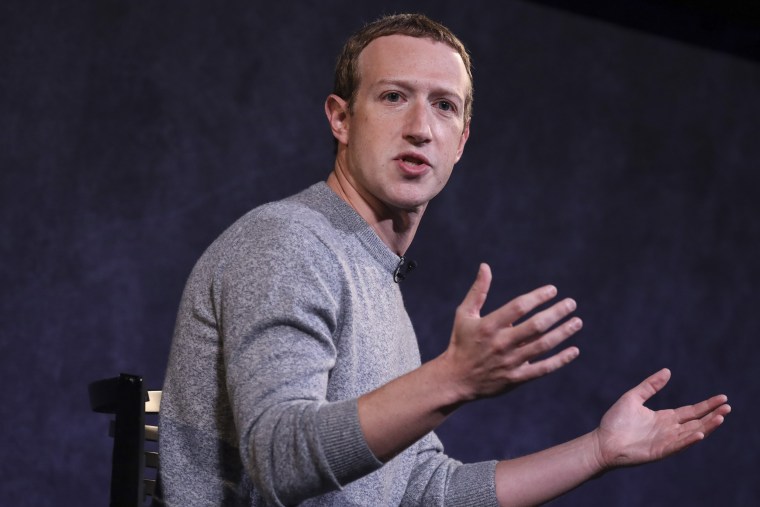Facebook won a major battle against government regulators this week, but the war isn't over.
The social media giant's victory over the Federal Trade Commission in a U.S. district court portends an uphill battle for the government's efforts to rein in the power of Big Tech. But it is also fueling calls for new legislation that could give regulators greater leverage down the road.
So while Facebook executives had reason to celebrate this week's ruling — the decision sent the company’s value north of $1 trillion, eliciting congratulatory texts and calls among executives, according to three people familiar with the conversations — there's also reason not to celebrate too loudly.
"Yesterday was great for Facebook and Big Tech because it showed you could persuade a court to look very critically at the government's complaints," William Kovacic, a former FTC chairman, said in an interview the day after the ruling. "But if you crush the government, that will be taken as a sign that the law is not fit for purpose and the law needs to change."
On Monday, U.S. District Court Judge James E. Boasberg for the District of Columbia dismissed the FTC's antitrust complaint against Facebook as "legally insufficient." The FTC had "failed to plead enough facts to plausibly establish ... that Facebook has monopoly power in the market for Personal Social Networking (PSN) Services," he wrote.
Facebook commended the court for recognizing "the defects" in the government's complaints, but privately the three Facebook insiders conceded that those defects stemmed from the limits of the law itself — namely, that there is not a clear definition for what qualifies as market share when it comes to social networks. As the judge noted, Facebook's share cannot be assessed through revenue because the platform does not charge its users.
The FTC now has 30 days to come back to court with a more focused definition of what qualifies as market share in social media. They may also try to focus more specifically on Facebook's past acquisitions of Instagram and WhatsApp, an area that provided what the judge described as "firmer ground" for its efforts. In a statement, the agency said it was “closely reviewing the opinion and assessing the best option forward."
But the FTC, now led by Big Tech critic Lina Khan, is also likely to use this moment as an opportunity to throw its weight behind the fight for new legislation in Congress.
The House Judiciary Committee recently advanced six bills that would bolster the government's ability to regulate Big Tech. They range from simple budgeting measures — one would give more funding to the FTC and the Department of Justice for their antitrust enforcement efforts — to profound reforms — one that would stop platform companies from preferencing their products over those of their competitors and another that would make it illegal for companies to eliminate competitors through acquisitions.
This legislative package faces an arduous road ahead. House Majority Leader Steny Hoyer, who sets the House floor schedule, has said none of the six bills are ready for a vote, which suggests they don't have broad bipartisan support. If and when they do make it through the House, they face an even harder battle in the Senate.
"It's hard to imagine that the larger legislative package is accomplished this year," Kovacic said, though he predicted a few of the less-threatening bills — budgeting, for example — are likely to pass on their own.
"The funding for the FTC and DOJ antitrust divisions, it's nearly 100 percent likely that Congress will pass that law," he said. He said another bill, which would block the tech firms from moving court hearings to more favorable states, was also likely to pass.
"But those are just budget and housekeeping rules," he continued. "With respect to rules that govern how these companies operate, it's harder. But," he added, "I don't think Congress will simply walk away from some legislation that deals with that."

